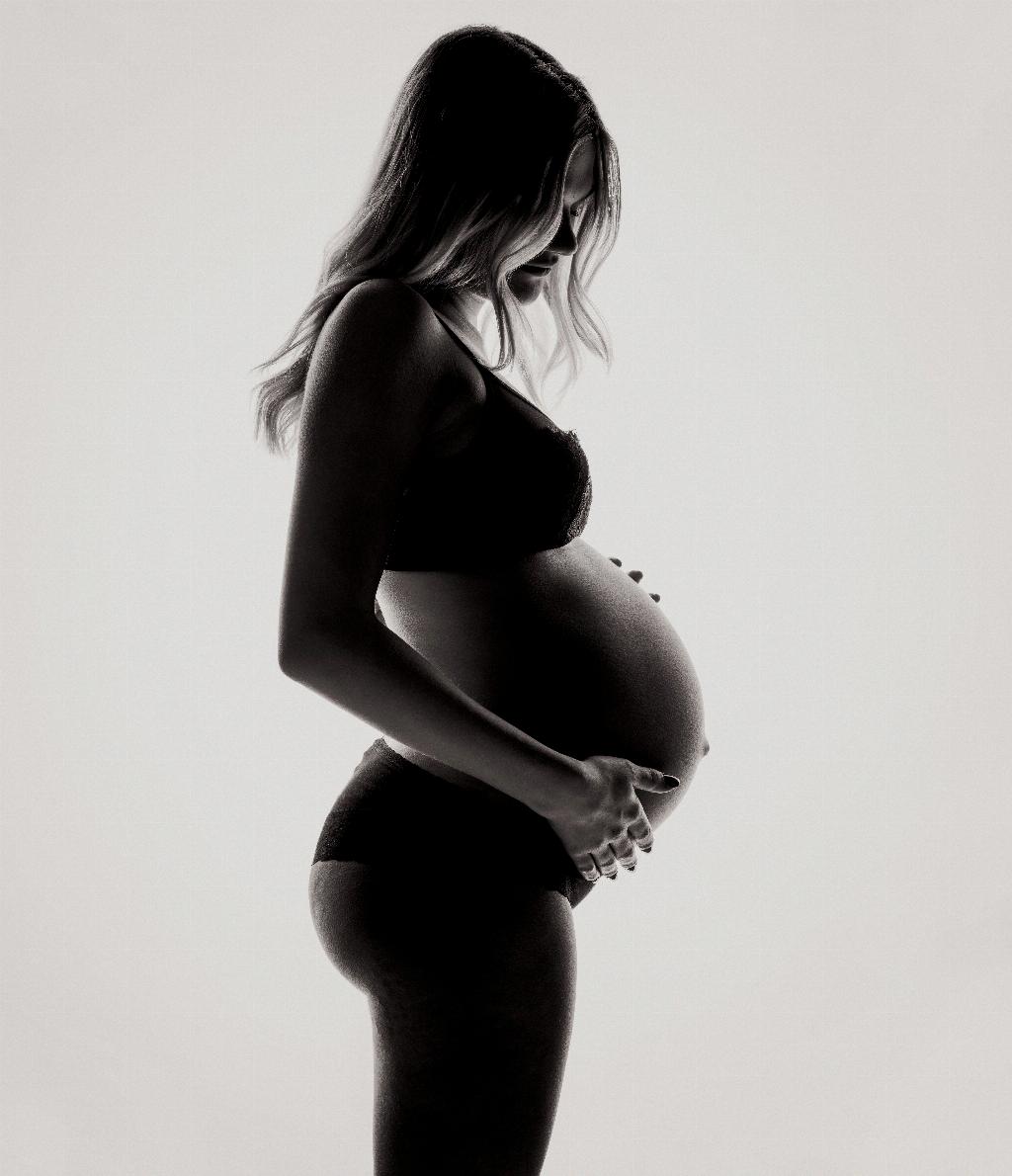Accidentally consuming caffeine during pregnancy can have various implications for both you and your developing baby. Research has shown that high levels of caffeine intake during pregnancy can lead to increased fetal catecholamine levels. This increase in stress hormones can have a direct impact on the fetus, potentially causing elevated fetal heart rate, placental vasoconstriction, and compromised oxygenation for the developing baby.
Importance of Monitoring Caffeine Intake
It is crucial for pregnant women to be vigilant about their caffeine consumption due to its potential effects on fetal development. Even small amounts of caffeine can cross the placental barrier and reach the fetus, potentially impacting its growth and well-being. Therefore, accidental consumption of caffeine should be taken seriously and addressed promptly.
Risks Associated with Caffeine Intoxication
Instances of caffeine intoxication in pregnant women can pose serious risks to both the mother and the unborn baby. The stimulant properties of caffeine can lead to adverse effects on fetal physiology, including alterations in heart rate and blood flow. These changes can compromise the oxygen supply to the fetus, potentially leading to complications.
Immediate Response to Caffeine Intoxication
If you have accidentally consumed caffeine while pregnant and experience symptoms of caffeine intoxication such as rapid heartbeat, restlessness, or nausea, it is essential to seek medical attention promptly. Medical professionals can assess the situation and provide appropriate care to minimize potential harm to you and your baby.
Impact on Fetal Development
The impact of caffeine intake on fetal development can vary depending on the amount consumed and the individual’s sensitivity to caffeine. High levels of caffeine have been associated with increased risks of miscarriage, preterm birth, and low birth weight. Monitoring caffeine intake is crucial to safeguard the health of both the mother and the baby.
Long-Term Consequences
While occasional or minor exposure to caffeine may not have lasting effects, consistent or excessive intake can have long-term consequences on fetal development. Studies have suggested that maternal caffeine consumption during pregnancy may be linked to childhood behavioral issues and developmental delays. It is therefore essential to be cautious about caffeine intake throughout pregnancy.
Consulting Healthcare Providers
Pregnant women who have inadvertently consumed caffeine and are concerned about its potential effects should consult their healthcare providers for guidance. Healthcare professionals can assess the situation, provide relevant information, and offer appropriate recommendations to ensure the well-being of both the mother and the baby.
Preventive Measures
Preventive measures can help mitigate the risks associated with accidental caffeine intake during pregnancy. Being mindful of food and beverage choices, reading labels carefully, and opting for decaffeinated alternatives can help reduce the likelihood of unintended caffeine consumption. Education and awareness are key in preventing such incidents.
Support and Guidance
It is essential for pregnant women to seek support and guidance from healthcare professionals, family members, or support groups if they have concerns about accidental caffeine intake. Open communication and access to reliable information can help alleviate anxiety and ensure appropriate actions are taken to safeguard maternal and fetal health.
Follow-Up Care
After addressing an episode of accidental caffeine intake during pregnancy, it is advisable to follow up with healthcare providers for continued monitoring and support. Follow-up care can help detect any potential complications early on and provide reassurance regarding the well-being of the mother and the developing baby.
Conclusion
In conclusion, accidental consumption of caffeine during pregnancy can have significant implications for fetal development and maternal health. Recognizing the risks associated with caffeine intake, seeking immediate medical attention when necessary, and taking preventive measures can help mitigate potential harm. By staying informed and proactive, pregnant women can prioritize the well-being of themselves and their unborn child.

